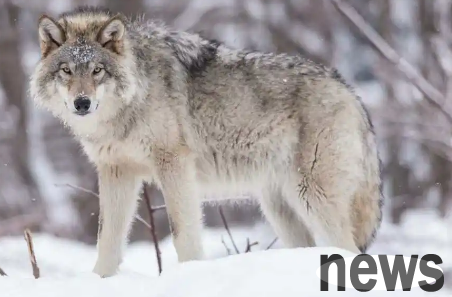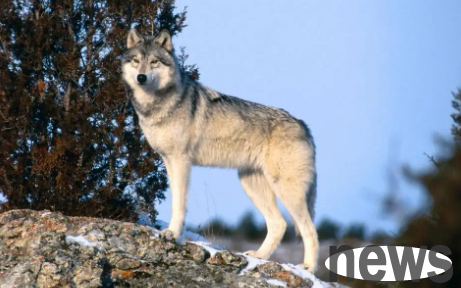How much do you know about wolves as national second-class protected animals? Wolves, a wild animal that is often regarded as cruel and cruel, always plays a villain in human imagination. However, have you heard of the story of wolves raising human...
How much do you know about wolves as national second-class protected animals? Wolves, a wild animal that is often regarded as cruel and cruel, always plays a villain in human imagination. However, have you heard of the story of wolves raising human babies? Does this surprise you? Next, let us unveil this mysterious veil and explore the shocking facts about the wolf.
Wolves feed mainly on other animals, their diet is not purely carnivorous. In some cases, wolves may eat berries, fruits, and other plant-based foods to supplement their diet.

Wolf is known for its outstanding hunting skills. They usually act in groups, using teamwork to capture prey. Wolves’ hunting skills include patience, speed and strength, making them efficient hunters.
Wolves live in groups, which are called wolves. In the wolves, they communicate through various voices and figures. In addition, the hierarchy in the wolves is strict and each wolf has its own specific role and responsibilities.
Wolfs have a strong sense of protection for their territory. They will maintain their territory by marking territory, patrolling borders, and driving invaders. This sense of territoriality helps ensure the survival and reproduction of wolves.
Wolfs can adapt to a variety of environments, from cold tundra to hot deserts. This powerful adaptability allows wolves to survive and thrive in various ecosystems.
Wolfs are animals that attach great importance to their families. In the wolves, family members take care of each other, protect and support each other. This kind of family relationship plays a crucial role in the life of a wolf.
The story about wolf raising human babies is actually a phenomenon called "wolf child". In some rare cases, human babies who have lost their parents may be adopted and raised by wolves. These babies may learn some of the behaviors and habits of wolves while living with wolves. While this phenomenon is very rare, it does exist, providing us with a unique perspective on how wolves interact with humans.

Wolf has a high IQ and problem-solving ability. They can find the best way to solve problems through observation, learning, and experimentation. This wisdom makes wolf highly competitive in survival and reproduction.
Wolfs, as top predators, play an important role in the ecosystem. They help control the number of prey populations by preying on other animals, thereby maintaining ecological balance. In addition, the hunting behavior of wolves also helps promote the growth and reproduction of plants.
Although wolves are often portrayed as cold and cruel animals in human culture, the relationship between wolves and humans is actually complex and multifaceted. Wolves are both competitors and allysengers of humanity. In many cultures, wolves are seen as symbols of courage, wisdom, and freedom. At the same time, the wolf is also an important role in many literary works, movies and legends.